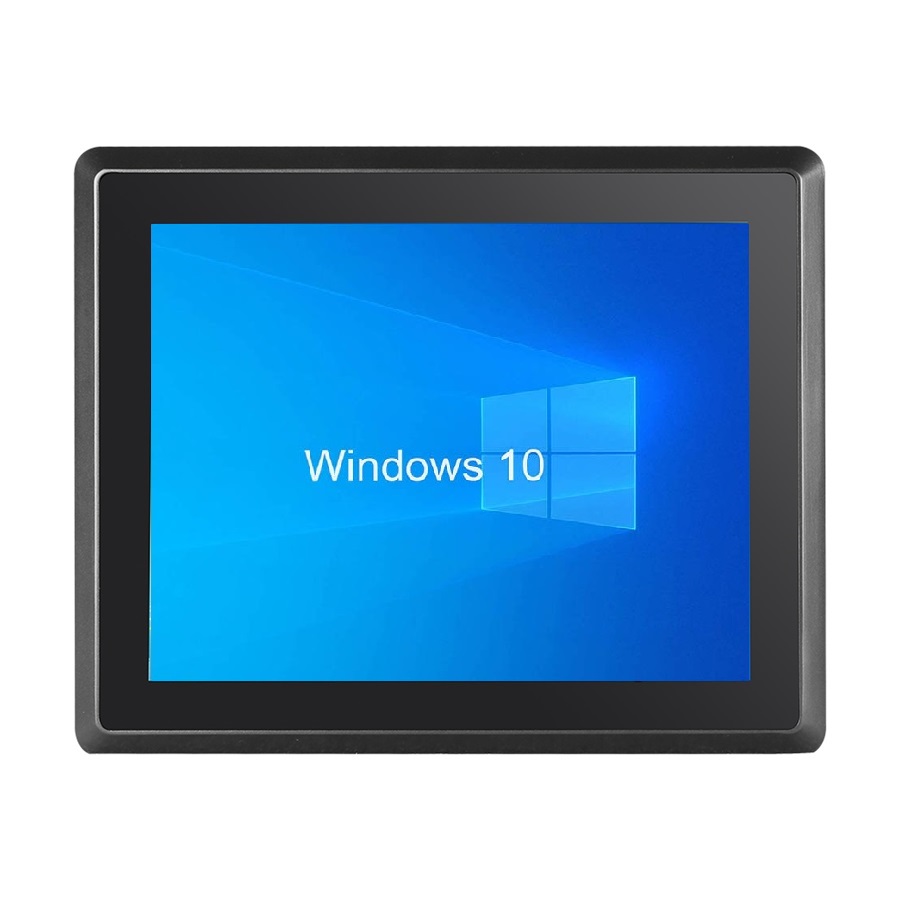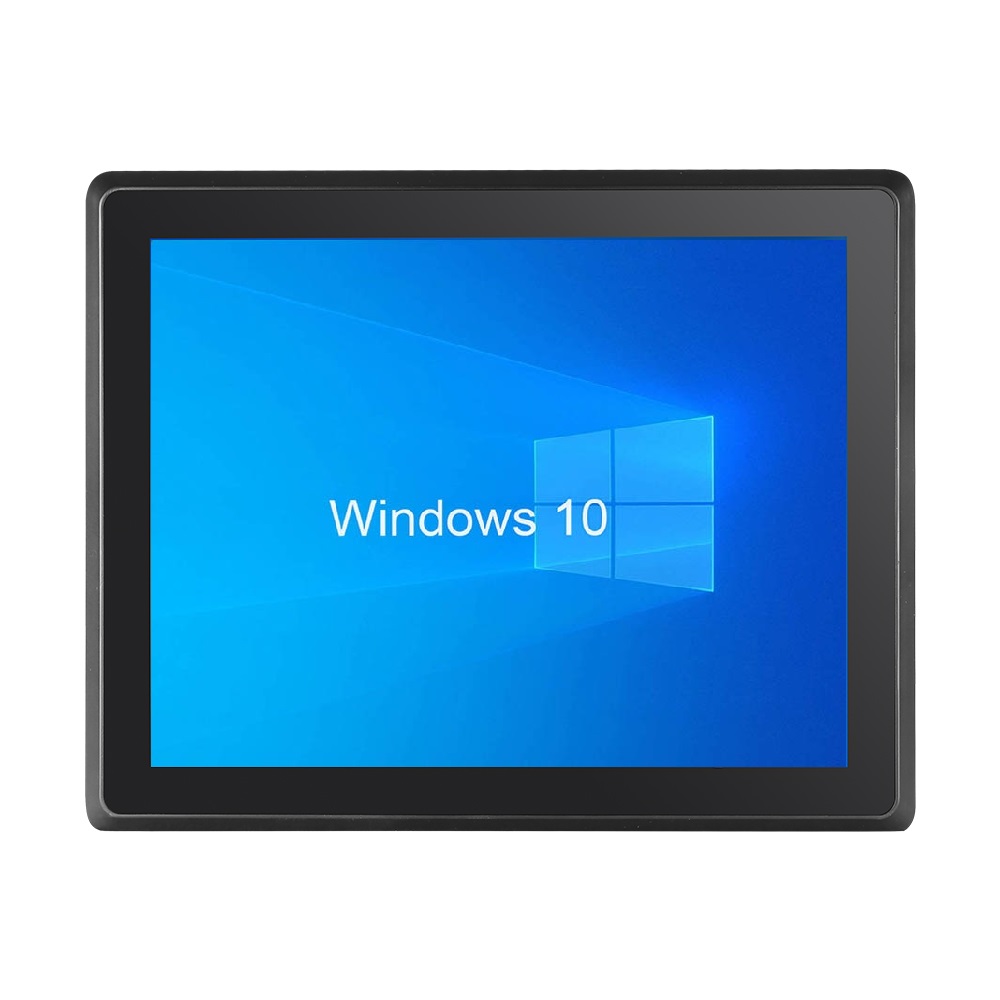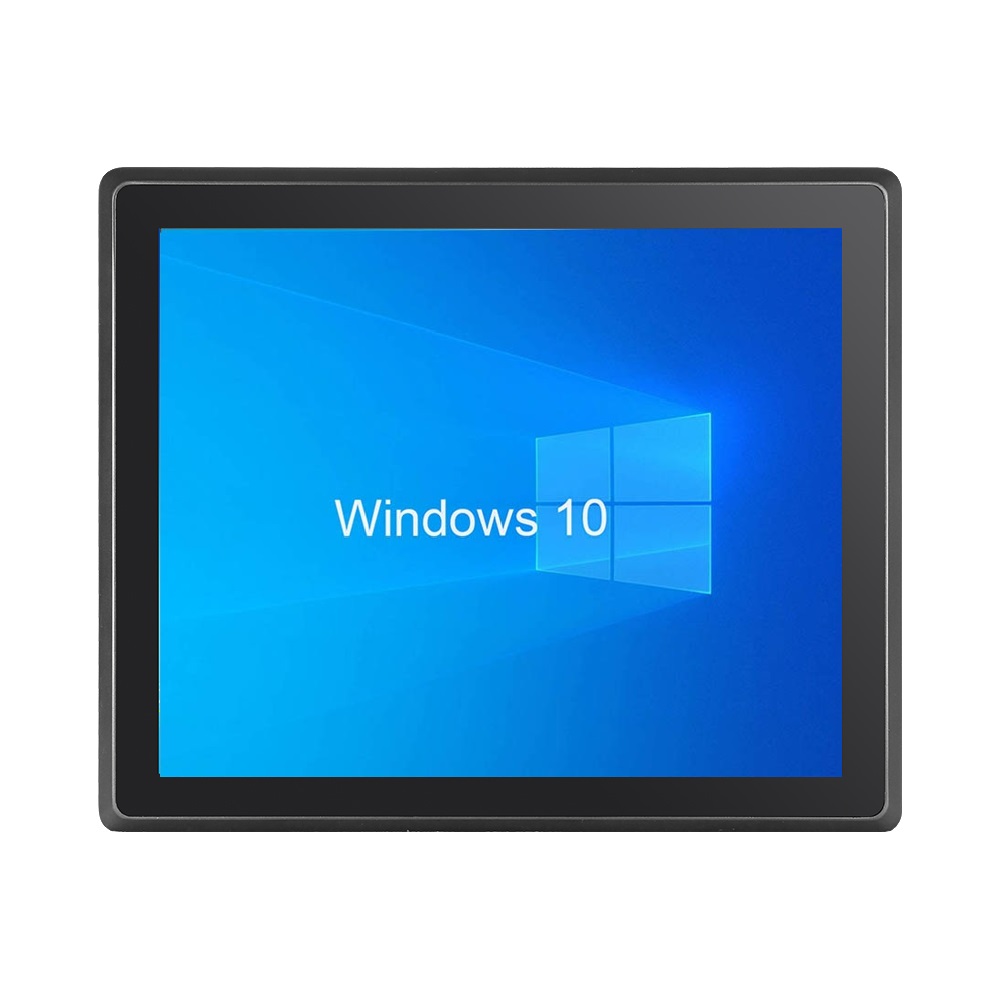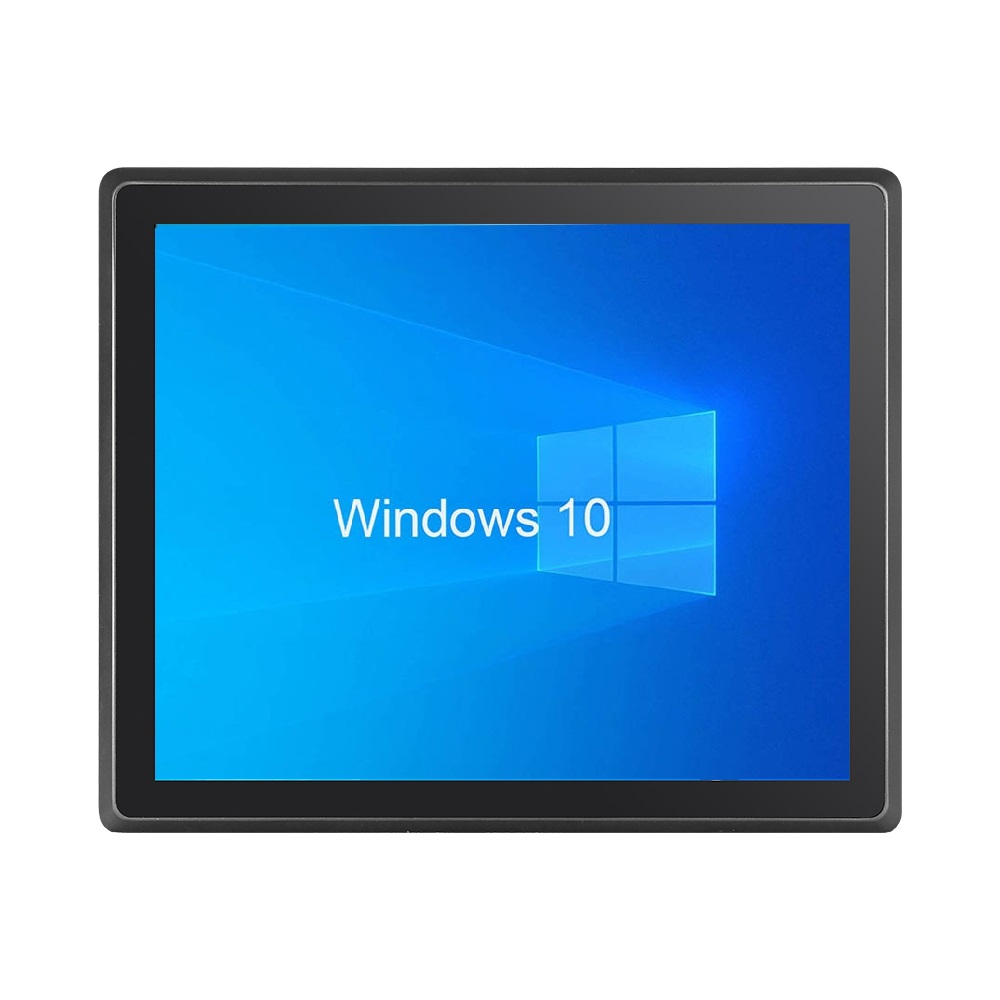10 Essential Factors to Consider When Selecting an Industrial PC
In the world of industrial automation and control systems, choosing the right industrial PC (IPC) is crucial for ensuring smooth operations, reliability, and longevity. Unlike commercial PCs, industrial PCs are designed to withstand harsh environments, extreme temperatures, vibrations, and other challenging conditions commonly found in industrial settings. Here are ten key factors to consider when selecting an industrial PC:
- Durability and Reliability: Industrial environments can be tough, with factors like dust, moisture, and temperature variations posing significant challenges. Look for IPCs built with ruggedized enclosures, high-quality components, and certifications such as IP65 or IP67 for dust and waterproofing, and MIL-STD-810G for durability against shock and vibration.
- Performance: Consider the processing power, memory, and storage requirements of your specific industrial applications. Ensure that the IPC can handle the workload efficiently without any performance bottlenecks.
- Operating Temperature Range: Industrial environments often experience wide temperature fluctuations. Choose an IPC that operates reliably within the temperature range of your facility, whether it's in a freezer warehouse or a hot manufacturing plant.
- Expansion and Customization Options: Future-proof your investment by selecting an IPC with sufficient expansion slots and connectivity options to accommodate future upgrades or additional peripherals. This ensures scalability and adaptability to evolving industrial needs.
- Compatibility with Industry Standards: Verify that the IPC complies with relevant industry standards such as ISA, PCI, or PCIe for seamless integration with other industrial equipment and control systems.
- Longevity and Lifecycle Support: Industrial PCs are expected to have a longer lifespan than consumer-grade PCs. Choose a vendor with a proven track record of providing long-term support, including availability of spare parts, firmware updates, and technical assistance.
- Operating System and Software Compatibility: Ensure that the IPC is compatible with the operating system and software applications required for your industrial processes. Consider factors like real-time operating systems (RTOS) for time-sensitive applications or compatibility with industrial automation software platforms.
- Mounting Options and Form Factor: Depending on the space constraints and installation requirements of your industrial environment, choose the appropriate mounting option (e.g., panel mount, rack mount, or DIN rail mount) and form factor (e.g., compact, slim, or modular).
- Input/Output Ports and Connectivity: Evaluate the IPC's connectivity options such as Ethernet, USB, serial ports, and expansion slots to ensure seamless integration with sensors, actuators, PLCs, and other industrial devices.
- Cost-Effectiveness and Total Cost of Ownership (TCO): While upfront cost is important, consider the total cost of ownership over the IPC's lifecycle, including maintenance, upgrades, downtime, and energy consumption. Opt for a solution that offers the best balance between performance, reliability, and cost-effectiveness.
In conclusion, selecting the right industrial PC is a critical decision that can impact the efficiency, productivity, and reliability of your industrial operations. By carefully considering these ten factors, you can ensure that your chosen IPC meets the unique requirements and challenges of your industrial environment, both now and in the future.
Post time: May-28-2024












